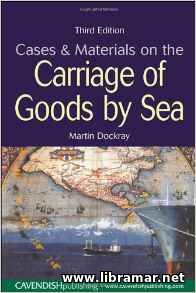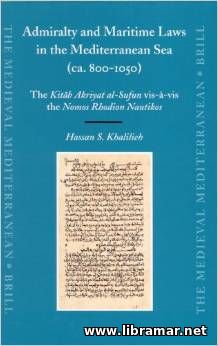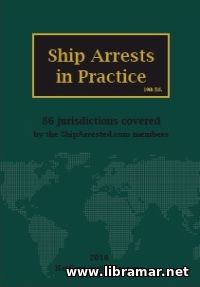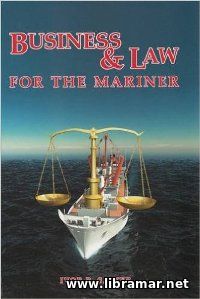
Here is the comprehensively updated edition of the "Cases and Materials on the Carriage of Goods by Sea" publication which is providing an up-to-date collection of necessary materials relating to the marine cargo transportation; the content of this paper will definitely be appreciated by legal practitioners of law and students because of the information it contains.
The document includes a huge collection of legislative materials and standard form contracts, covering such important areas of chartering as, for instance, the bills of lading and others; note that such major matters as the exclusion and limitation of the liability have also been dealt with in the pages of this remarkably useful and practical publication recommended to all participants of the maritime shipping industry regardless of their level.


